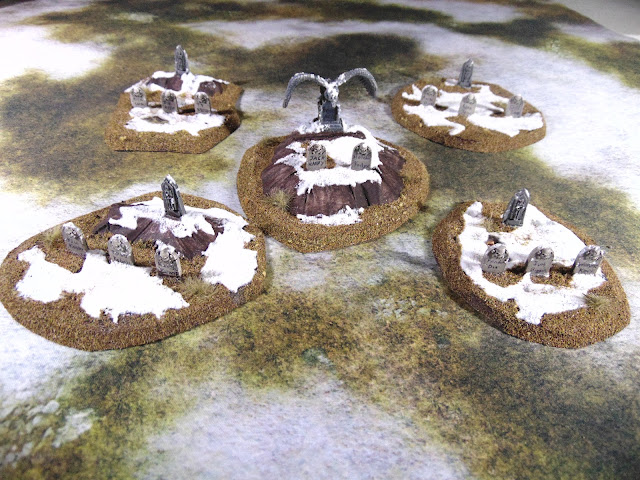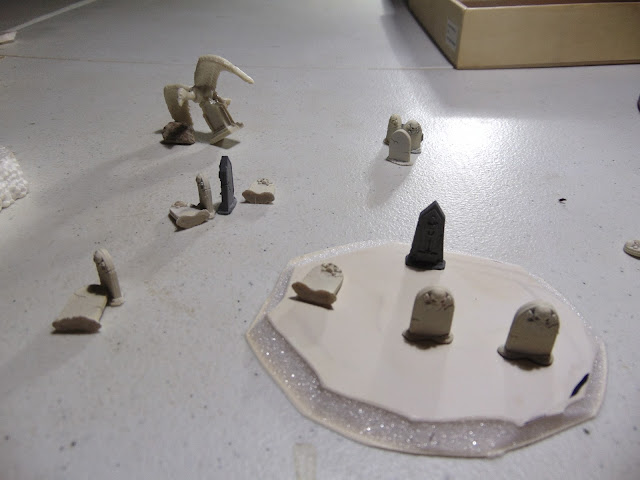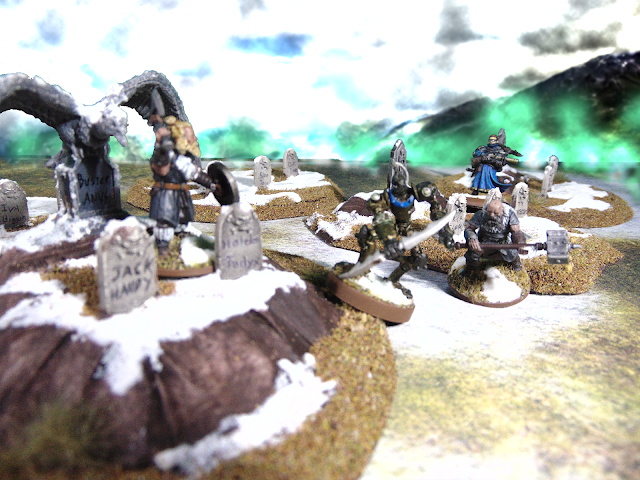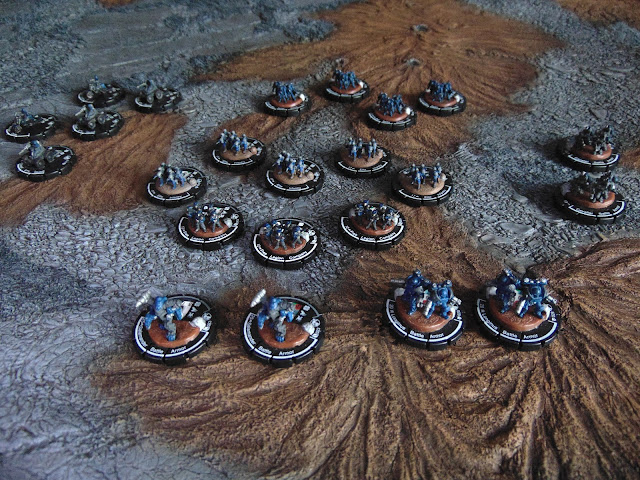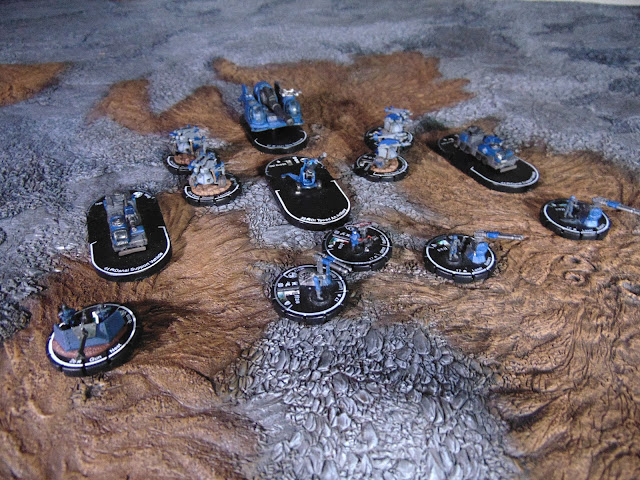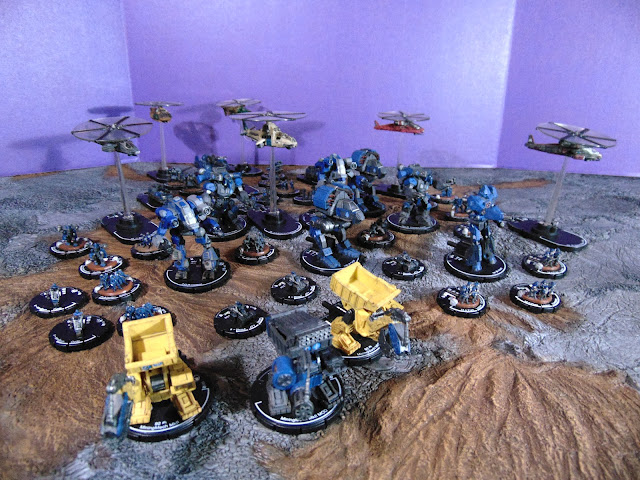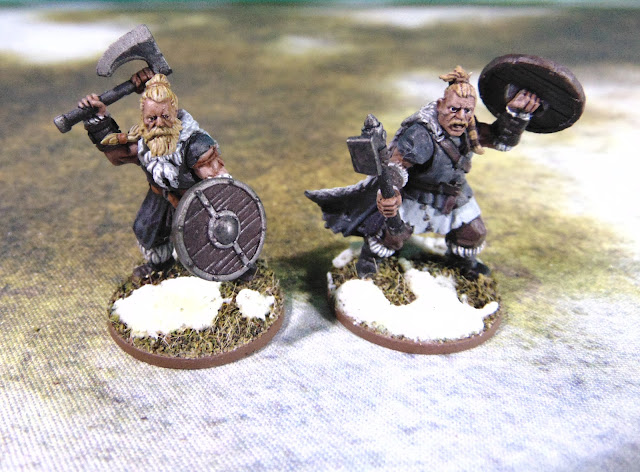Well, we did it. It's been a few years since D&D went mainstream, and now there's a new set of things we need to be aware of. Mainly, mainstreamers playing the game and developing 'video game syndrome'. You know what I'm talking about, but it might be more subtle than you think.
I think I need to define what I mean by 'meta' gaming here. I think there's two main school divisions as to what is meta, at least two that I can discern. One is the number-crunching and exploitation of the mechanics, so called min-maxing. The second is actually reading 'game' material that doesn't have numbers, from monster information to the actual adventure. I'll have to address both of those individually, as I see them as totally separate things despite the common moniker.
So let's call it "illegal meta gaming" or a "meta gaming foul" when we mean meta gaming in the context of immorally (?) applying knowledge you as a player or character (player character) should not have.
The presence of the internet, with search engines and social media, make it very easy to run across meta game material without even trying. I've only had trouble with this over the last year, to be honest. Of course, that's since 5e came along and now everyone belongs to a D&D Facebook group. So with this in mind, let's explore the meta.
First off - min/maxing. I do not care about this AT ALL, and further I feel it's an integral part of the game. If the player read the books and figured something out, good for them. Unless it's somehow totally game-breaking then it's commendable. I've never had cause to curtail something in twenty plus years of gaming. In my opinion, this in NO WAY constitutes illegal meta gaming. If anything, I feel that half a thought into the character's mechanics actually shows the player is interested in the game.
Now, you might technically call it meta gaming since it takes into account information the character does not have. Yet, this isn't information the PLAYER shouldn't necessarily have. The player should definitely have information regarding how they are to play the game, and I believe that includes the information in the Player's Handbook. The Dungeon Master Guide is also a good thing for the player to read. I don't even care if they read the Monster Manual, though I don't allow reference of the DMG or MM at the table, for reasons explained below.
So let's further refine our meta gaming taxonomy. Illegal meta gaming occurs when a player uses information that NEITHER the character nor the player would normally have access to in the ruleset or scenario. In this case, it's tantamount to cheating because such information would have to be deliberately sought out.
The new players will most likely be focused on the mechanics of the game if they ever played a video game before tabletop, that's just how it is. Further, you can't expect someone to play a game they don't know the rules to. We just think it's normal in our hobby because that's how you get gamers into the game, but not everyone that plays in a game buys a book or even bothers to borrow one.
Referencing material at the table should be frowned upon, but who's gonna stop someone from looking up a common monster or magical item in the main books at home? We just have to assume that (DERP) these characters live in this world, and anything the player might recall from the common books (and even specific campaign books in some cases) MIGHT be something their character knows. I think a lot of DM's make the mistake of assuming their characters are utterly ignorant of anything other than the races in the PHB, and then forcing the game to operate somehow in that false ignorance.
A character MIGHT know what a monster is or has heard legends of a magic item. Great. They might even have an idea of the monster's powers or the item's magic. They probably don't have such memory that they remember specific details however, like exact numbers and everything else on the page. This is why I disallow referencing the material at the table. It's easy for people to Google anything, especially if you are playing on a virtual tabletop. Make sure folks know the protocol for reference in your game.
Now, the worst type of illegal meta gaming BY FAR is actually reading adventures you are currently playing in. You can play in modules you've ran or played in before by not acting on information you have remembered, or by allowing your aging memory to completely wipe the adventure from your mind. However, this type of meta gaming is tantamount to cheating.
DO NOT READ the current adventure. DO NOT READ adventures you KNOW you will play in. Especially DO NOT pretend to be ignorant if you somehow do so accidentally, such as before you know you are going to play in it. I know that's technically three 'do-nots' but it's all really the same thing. Just don't do that one thing, and you're pretty much golden.
...and that's how I feel about meta gaming.
